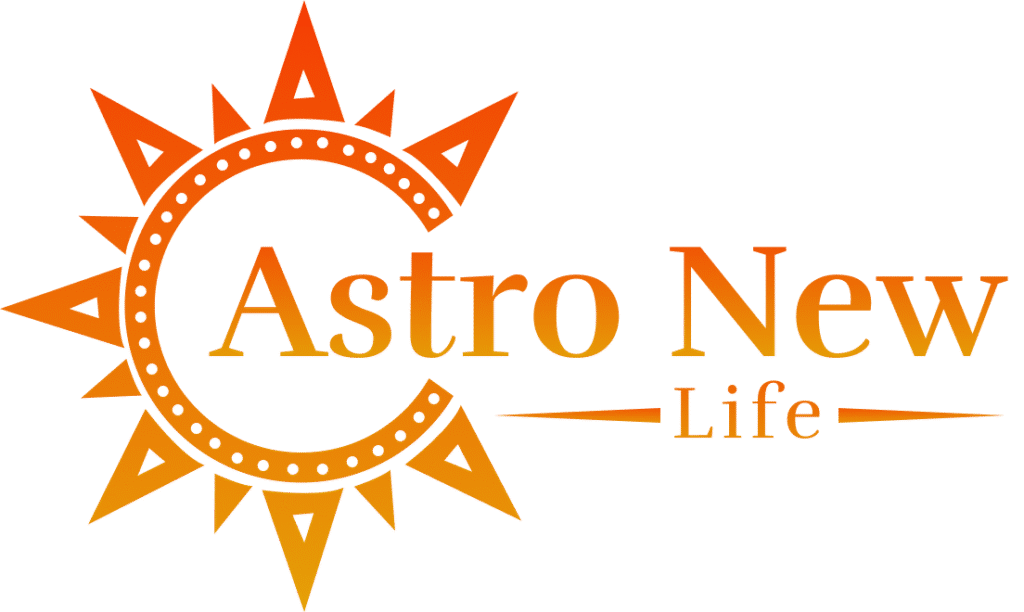Astrology is one of the oldest sciences in the world, helping people understand their personality, relationships, career, and future. But if you’ve ever Googled your horoscope, you’ve probably noticed two major systems: Vedic Astrology (also called Jyotish Shastra) and Western Astrology.
Both are widely practiced, but they follow different approaches. Many people wonder — which system is more accurate, and which one should I follow?
In this blog, we’ll break down the key differences between Vedic and Western astrology, their methods, strengths, and weaknesses, so you can decide what works best for you.
Origins of the Two Systems
- Vedic Astrology (Jyotish Shastra): Originated in ancient India, dating back over 5,000 years. It’s rooted in the Vedas and focuses on karma, dharma, and spiritual growth.
- Western Astrology: Developed in Babylon around 2000 years ago and later adopted by Greeks and Romans. It focuses more on psychology, personality, and daily life events.
The Zodiac Difference: Sidereal vs Tropical
One of the biggest differences between Vedic and Western astrology is the zodiac they use.
- Vedic Astrology (Sidereal Zodiac):
Uses actual positions of planets in the sky. It considers the shift (precession) of Earth’s axis, making it more astronomically aligned. - Western Astrology (Tropical Zodiac):
Based on the Sun’s position relative to Earth’s seasons. It does not adjust for precession, so over time, there’s a difference of about 23–24 degrees between the two systems.
👉 Example: If your Sun sign is Scorpio in Western astrology, it might actually be Libra in Vedic astrology.
Focus and Approach
- Vedic Astrology:
- Focuses on karma, destiny, and spiritual lessons.
- Uses divisional charts (like Navamsa) for deeper insights.
- Strong emphasis on dasha periods (planetary time cycles).
- Popular for marriage matching, career predictions, and remedies.
- Western Astrology:
- Focuses more on psychology and personality traits.
- Heavily emphasizes Sun signs.
- Uses aspects and transits for daily or monthly predictions.
- Popular for quick horoscopes and self-discovery.
Accuracy: Which One Works Better?
- Vedic Astrology is often considered more accurate for predicting specific life events (marriage, career shifts, health issues) because it uses precise calculations and dashas.
- Western Astrology is better for exploring personality, emotions, and self-growth. It’s easy to understand and widely followed in magazines, apps, and daily horoscopes.
So, if you want a life roadmap, Vedic astrology is your go-to. But if you want self-reflection and personality guidance, Western astrology might feel more relatable.
Benefits of Vedic Astrology
- More detailed and precise predictions
- Strong focus on karma and spiritual growth
- Uses remedies like mantras, gemstones, and puja
- Divisional charts give depth beyond just the Sun sign
Benefits of Western Astrology
- Easy to understand for beginners
- Focus on psychology and modern lifestyle
- Great for personality analysis and relationship insights
- Widely available resources like apps and books
Which One Should You Follow?
There’s no strict rule. Some people prefer Vedic astrology for serious predictions and Western astrology for personality insights. In fact, many astrologers today use a combination of both systems.
👉 Think of it like this:
- Vedic astrology = Google Maps for your destiny
- Western astrology = Mirror for your personality
Conclusion
Astrology, whether Vedic or Western, is ultimately a tool for self-awareness and growth. Both systems have their strengths — Vedic astrology offers detailed predictions aligned with cosmic positions, while Western astrology focuses on self-discovery and emotions.
If you’re looking for accurate life guidance, go with Vedic astrology. But if you want to understand your personality and relationships better, explore Western astrology.
👉 For personalized readings, visit Astronewlife.com and get deeper insights from experts in Vedic astrology.
